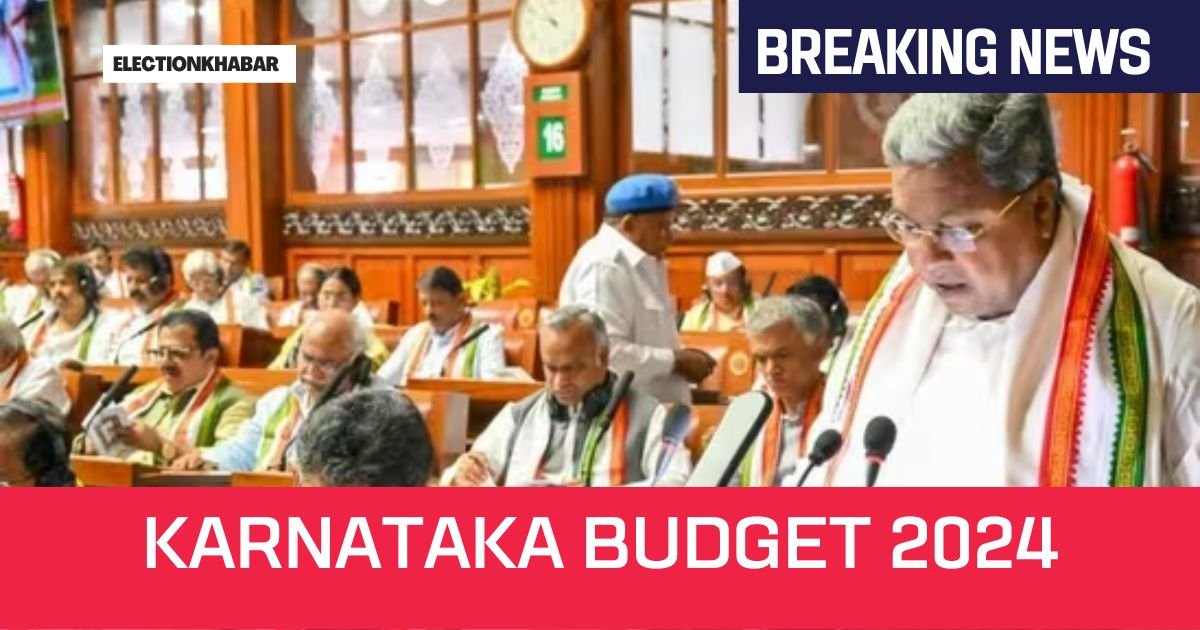The Karnataka state budget for 2024-25 presented today puts strong emphasis on infrastructure development and integrated public transport for cities, especially state capital Bengaluru. Tabled by Chief Minister Siddaramaiah, the budget aims to boost economic growth by improving connectivity through metro rail, buses, digital services and pro-business policies.
Thrust on Completing Ongoing Metro Projects
On the metro rail front, the government plans to open 44 km of new lines by March 2025. This will augment the operational 74 km network crisscrossing India’s Silicon Valley. The budget has provisions to accomplish long-delayed Phase 2 metro lines connecting the city’s Outer Ring Road to the international airport. Officials confirmed the Rs 30,000 crore project will meet its June 2026 deadline after missing multiple previous timelines.
The government expressed satisfaction that metro rail services turned operationally profitable this fiscal year because of increasing ridership. Given this success, it gave approvals for Phase 3 metro routes spanning 156 km at an estimated Rs 15,611 crore investment. This phase awaits central government backing before work starts.
1,300 Electric Buses to Reduce Traffic & Pollution
Besides metros, the Bengaluru Metropolitan Transport Corporation will induct 1,334 electric and 820 Bharat Stage VI buses during 2023-24 to bolster public transport. This supports the administration’s goal to minimize road congestion and curb vehicular pollution across the overcrowded technology hub. Improving first and last-mile connectivity through feeder services and introducing common mobility cards are other solutions being evaluated.
Shops Can Remain Open Till 1 am in Key Cities
In a major booster for the retail and hospitality sectors, shops and establishments in Bengaluru plus 9 other major municipal corporations have gotten approval to operate till 1 am instead of the current 11 pm. This policy, implemented through amendments in labour laws, intends to stimulate consumer spending and business revenues. Extended operating hours are expected to directly benefit malls, restaurants, theatres, tourist spots and allied industries through enhanced footfalls and consumption.
Property & Tax Records to be Fully Digitized
To streamline land management, the state will digitize all property ownership records across Bengaluru’s over 20 lakh land parcels and buildings. Complete digitization of property and asset documents will be achieved by 2024-25 through the E-Khata system that generates digital khatas (ownership certificates). This reform using technology aims to quicken property transactions, simplify tax payments, reduce disputes and prevent fraudulent sales or illegal constructions.
Higher Taxes on Liquor and Luxury Cars
Excise duties levied on beer, wine and other alcoholic beverages have been upwardly revised for the second time in 8 months. This measure attempts to mobilize additional government revenue from liquor sales estimated to touch 4-5% annual growth in the state. Separately, taxes on premium cars costing above ₹15 lakh and high-end two-wheelers have also gone up.
Thrust on Affordable Housing
The budget earmarks Rs 1,000 crore to construct affordable homes for police personnel and other state government employees through public-private partnerships. It notes previous allocations for Central schemes like Pradhan Mantri Awas Yojana have remained underutilized as targeted beneficiaries cannot pay their contribution margins. Thus it advocates constructing 50,000 affordable units across Karnataka through fully state-sponsored housing programs.
Allocation Boost for Farm Loans Waiver
With agriculture being the mainstay of rural Karnataka impacting electoral outcomes, the budget raises provisions for waiving farmer loans by Rs 500 crore to Rs 13,500 crore under the Krishi Pathya scheme. This will help speed up processing applications from distressed farmers who have borrowed from state cooperatives and rural banks.
In summary, the wide-ranging Karnataka budget for next fiscal aims at economic revival through investments in sustainable mobility, housing, digitization and enterprise-friendly measures. While higher liquor taxes could dampen some consumption in the short-term, policy reforms on late-night retail operations and transparent e-property records are expected to attract industries and investments into the state.
